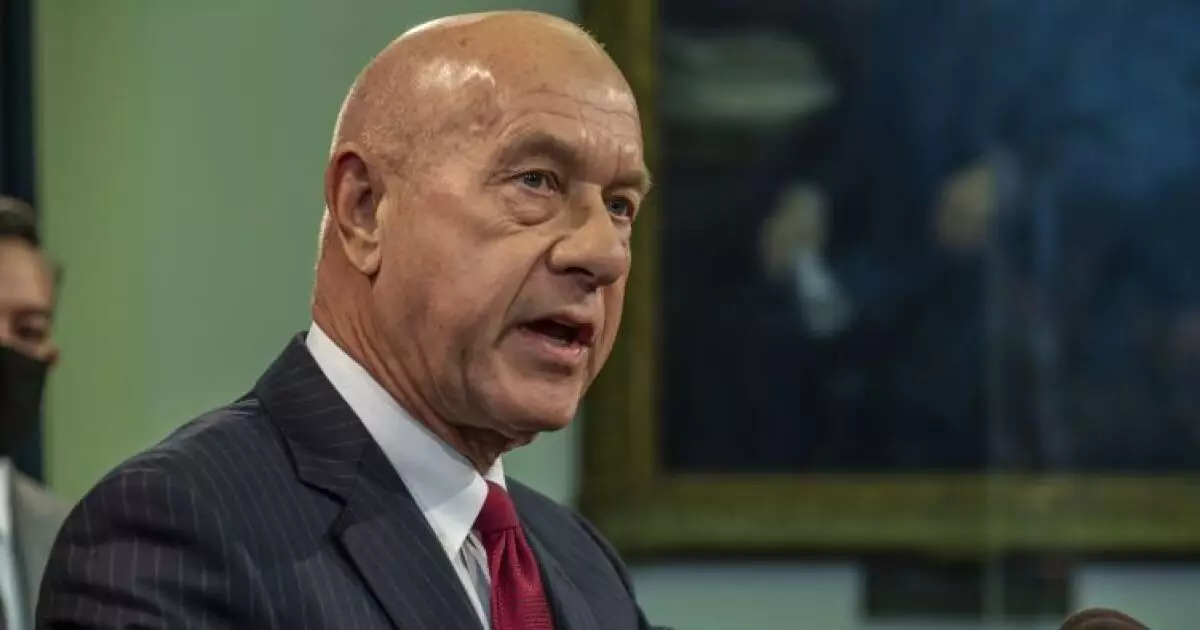In a significant move aimed at safeguarding the financial health of Houston, city officials have introduced a strategic framework designed to generate substantial savings for the fiscal 2026 budget. This initiative, which is bolstered by insights from a comprehensive efficiency analysis conducted by Ernst & Young, emphasizes an unwavering commitment to operational effectiveness, accountability, and stringent spending guidelines. Mayor John Whitmire expressed confidence that improving service delivery and operational efficiency would not only enhance city operations but also demonstrate to residents the necessity of ongoing financial support through potential revenue initiatives.
Houston began its fiscal 2025 period with an impressive $7.3 billion budget that boasts $3.03 billion in general fund allocations. However, this budget’s viability has been increasingly compromised, notably due to a structural budget deficit necessitated by dwindling reserves. Recent assessments by Fitch Ratings and S&P Global Ratings have downgraded the outlook on Houston’s AA ratings, underscoring the urgency of addressing these financial challenges. The implications of the city’s fiscal scenario are significant; as funds are siphoned to cover operational deficits and commitments—most notably a costly $650 million payout to firefighters from a recent settlement—the potential for financial stabilization appears tenuous at best.
Further complicating Houston’s fiscal outlook, a ruling stemming from a 2019 court case mandates the city to reserve at least $100 million each year for drainage and road maintenance projects. This legal stipulation adds to an already stretched financial landscape, jeopardizing the city’s projected budget surplus for fiscal 2025 and pushing it into a potentially unsustainable deficit of over $300 million. Such developments compel city officials to reassess their financial strategies to mitigate the repercussions of these court-determined obligations.
A Commitment to Efficiency and Future Strategies
Mayor Whitmire conveyed optimism regarding the efficiency report’s recommendations, which anticipate possible spending reductions of 5% to 15% as part of the upcoming budgetary processes. However, he realistically acknowledged that these improvements would require time and a systematic approach rather than a rapid overhaul. Houston Controller Chris Hollins echoed this sentiment, emphasizing the significance of examining the financial impacts of proposed changes. He has advocated for the establishment of an emergency task force to systematically address the city’s burgeoning financial challenges, recognizing the importance of informed decision-making in navigating Houston’s future fiscal landscape.
In essence, Houston’s roadmap toward financial efficiency reflects a proactive approach to tackling fiscal challenges head-on. While the city grapples with immediate budgetary constraints and long-term commitments, the successful execution of the efficiency study’s recommendations could catalyze a transformative journey toward sustainable fiscal health and improved public service delivery. As Mayor Whitmire and his team chart this course, the vigilance of stakeholders and fiscal prudence will be crucial in ensuring that the city emerges resilient and responsive to the needs of its residents. The ongoing commitment to transparency and improvement will hopefully not only rebuild trust but also pave the way for a financially secure future for Houston.

